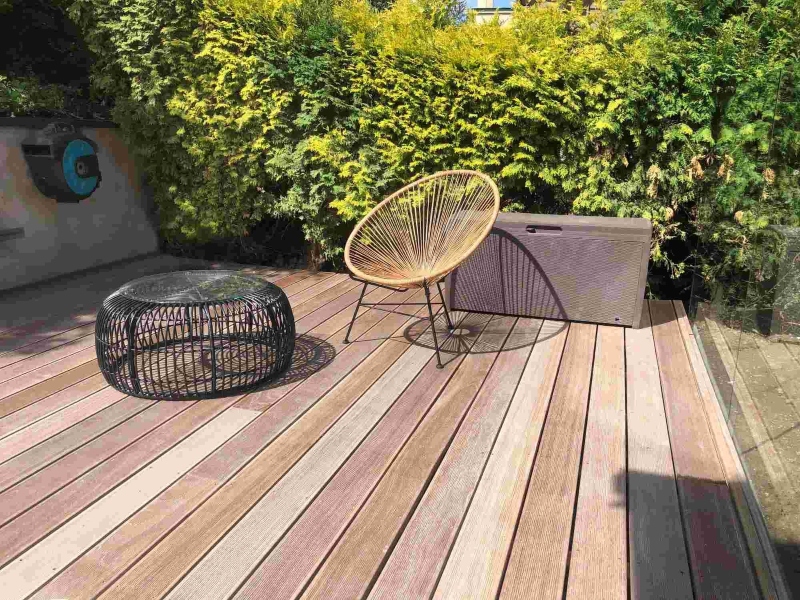Sustainability now takes front stage in the building and design landscape. Whether your area of work is architecture, engineering, or development, choosing durable, environmentally friendly materials is key.
One material that exactly fits these ideals is wood decking. Apart from its visually appealing appearance, it offers a sustainable answer for outdoor areas. Choosing the correct wood for decking may significantly affect the environmental effect and general quality of the completed project when you are designing your next one.
Nowadays, sustainability dominates the architectural and design scene and depends mostly on ecologically friendly materials. Wood decking is one item that really meets these criteria. Apart from its looks, it provides a sustainable solution for outdoor spaces.
When you are planning your next project, the environmental impact and overall quality of the finished work may be much influenced by the choice of wood for decking.
The Timeless Appeal of Wood Decking
Long preferred for its natural beauty and adaptability is wood decking. Wood has a warm, welcoming look that accentuates any outdoor area unlike synthetic materials. The wood’s grain and texture provide a link to the natural world, which makes it a perfect material for projects aiming at smoothly merging indoor and outdoor living areas.
Choosing boards for decking offers a variety of possibilities. From softwoods like pine and cedar to hardwoods like teak and oak, every kind of wood has special qualities that fit certain settings and design philosophies.
Sustainability at the Forefront
Sustainability is a necessity not just a passing trend. More and more consumers search for environmentally responsible substitutes, hardwood decks provide just that. One renewable resource that may be renewed is responsibly procured wood, therefore ensuring that your projects have no impact on the planet.
Not only are specialists providing premium decking boards, but they also obtain them from sustainable forests. Selecting decking boards from such suppliers guarantees that your project complies with environmental targets and provides a premium finish.

Functional and Aesthetic Benefits
Beyond environmental considerations, wood decking has several practical and decorative advantages. Wood is a flexible material utilised in many different ways for designers and builders.
Wood may be customised to suit the idea of your project whether you are building a rustic outdoor area or a sleek, contemporary patio. Families with smaller children or dogs will value that wood has an innate resistance to heat, which makes walking on it pleasant even in the warmest of conditions.
Creating Engaging Spaces
There’s a value to wood decking that goes beyond its physical properties. It also has the power to create spaces that evoke strong emotions. Having a well-designed wooden deck can completely change the look and feel of an outdoor space. It creates a peaceful and relaxing environment where people can enjoy the outdoors and spend quality time together.
Conclusion
Your projects’ success depends critically on the materials you use. Any outdoor area would benefit from wood decking as it provides the optimal mix of sustainability, durability, and visual attractiveness. Choosing premium decking boards from reliable vendors helps you to guarantee that your projects not only satisfy but beyond customer expectations. Accept the inherent beauty and sustainability of wood decking, then design outdoor areas as ecologically conscious as they are aesthetically pleasing.
David Prior
David Prior is the editor of Today News, responsible for the overall editorial strategy. He is an NCTJ-qualified journalist with over 20 years’ experience, and is also editor of the award-winning hyperlocal news title Altrincham Today. His LinkedIn profile is here.


![7 Best POS Software in the UK [2026 Edition]](https://todaynews.co.uk/wp-content/uploads/2026/02/7-Best-POS-Software-in-the-UK-2026-Edition-360x180.png)










































































